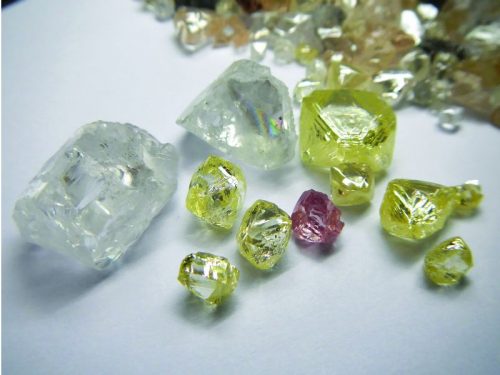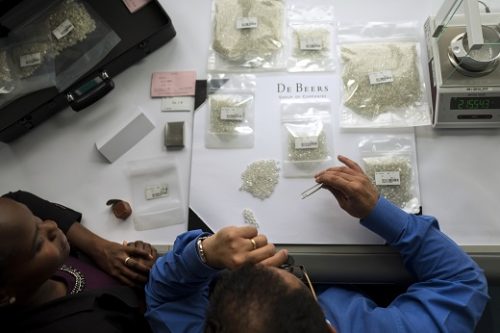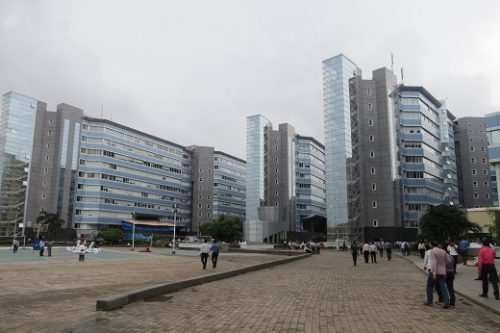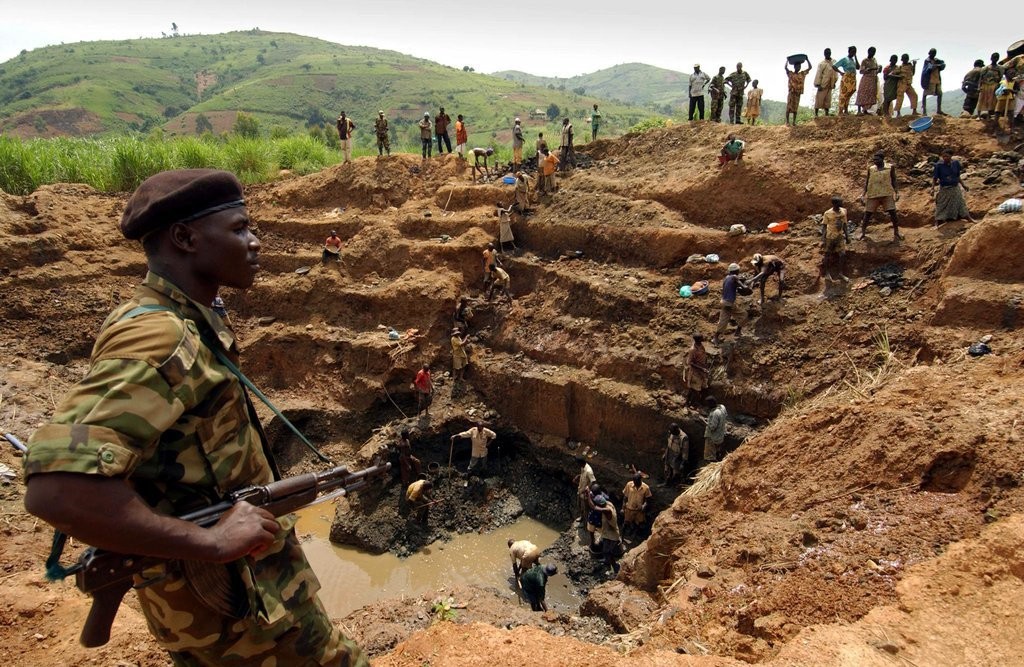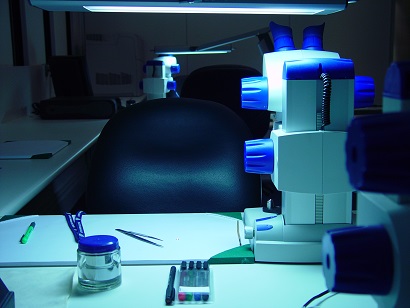
The new office Address 319/38 Gawler Place Adelaide SA 5000 This is the first after 17 years as Australia’s trusted name in diamond analysis certification.
DCLA employs the most qualified, knowledgeable people using the most technologically advanced gemmological equipment and references available worldwide.
DCLA remains the only laboratory who can guarantee all diamonds ever graded are untreated and natural mined origin.
DCLA founded in 2001 is an Australian based company and proudly the only Diamond grading laboratory recognised by international bodies from its founding.
About US
The DCLA is an Australian owned company.
The DCLA shareholders and directors have a heritage of over 3 generations in the industry.
The DCLA directors come from a long line of professional diamond cutters and markers.
Our involvement in the diamond trade has been from Diamond mining and in Africa, to our Cutting works in South Africa and most recently the formation in 2001 of the DCLA laboratory in Australia.
Source: DCLA

